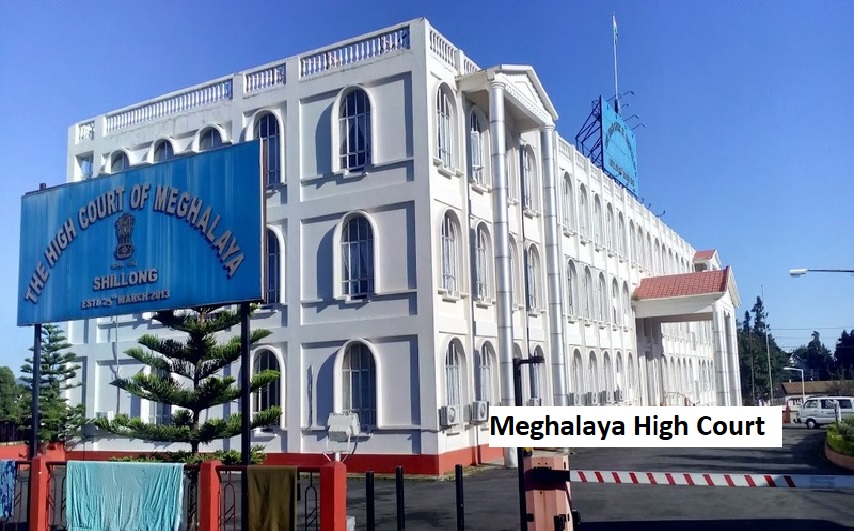


The Meghalaya High Court has made it clear that Section 23 of the POCSO Act applies to news reporters and contributors, not just media owners.
Justice B. Bhattacharjee emphasized that the legislature's intent behind this provision is to prevent any direct or indirect disclosure of a child's identity.
Section 23 of the POCSO Act strictly forbids the disclosure of a child's identity in any way, with the legislative aim to protect the child's privacy and reputation. Violators may face prosecution under Section 23(4) of the Act.
The Court considered a petition under Section 482 of the CrPC, where three individuals were challenging their involvement in a case related to the unlawful disclosure of a child victim's identity, violating the Act.
The case originated from a complaint by child rights activist Miguel Queah, accusing specific newspapers of breaching the confidentiality of a child abuse victim. As a result, a chargesheet was filed against three individuals. The petitioners were later included as co-accused following an application under Section 319 CrPC.
The case initiated with a complaint from child rights activist Miguel Queah, who accused specific newspapers of breaching the confidentiality of a child abuse victim. This led to the filing of a chargesheet against three individuals. The petitioners were subsequently included as co-accused through an application under Section 319 of the CrPC.
In challenging their inclusion as accused, the petitioners argued that they shouldn't be held liable under Section 23(3) of the POCSO Act. They claimed that as individuals who shared information about the incident and not the publishers or owners of the newspapers, their actions didn't constitute an offense under the Act's provisions.
In response, the State contended that Section 23 of the POCSO Act is comprehensive and encompasses all individuals involved in disclosing a child victim's identity, including news reporters and contributors. The prosecution emphasized that the Act explicitly prohibits any media from revealing a child's identity, and violation of this provision results in criminal liability.
Following a thorough examination of Section 23 of the POCSO Act and relevant legal precedents, the court underscored that the Act's primary aim is to protect the child victim's identity, privacy, and reputation. The court clarified that the law's scope is not limited to media publishers and owners; news reporters and contributors are equally accountable for breaching the Act
Referring to the case of Gambhirsinh R Dekare v. Falgunbhai Chimanbhai Patel & Anr 2013, the bench stressed that no individual, regardless of their role, should reveal the identity of a child victim.
Sub-section (3) of Section 23 of the POCSO Act doesn't restrict the application of penal provisions solely to the editor, owner, or publisher of the media, studio, or photographic facilities. Instead, it holds them collectively and individually responsible along with anyone else who violates the provisions of Section 23 of the Act.
The bench ruled that the petitioners are not immune from prosecution if they violate Section 23 of the POCSO Act. As a result, the bench concluded that the petitioners failed to establish a case for challenging the order issued by the Special (POCSO) Judge
TAGS: Section 23 of POCSO Act Child victim's identity Legal precedents Responsibility of individuals Media liability.